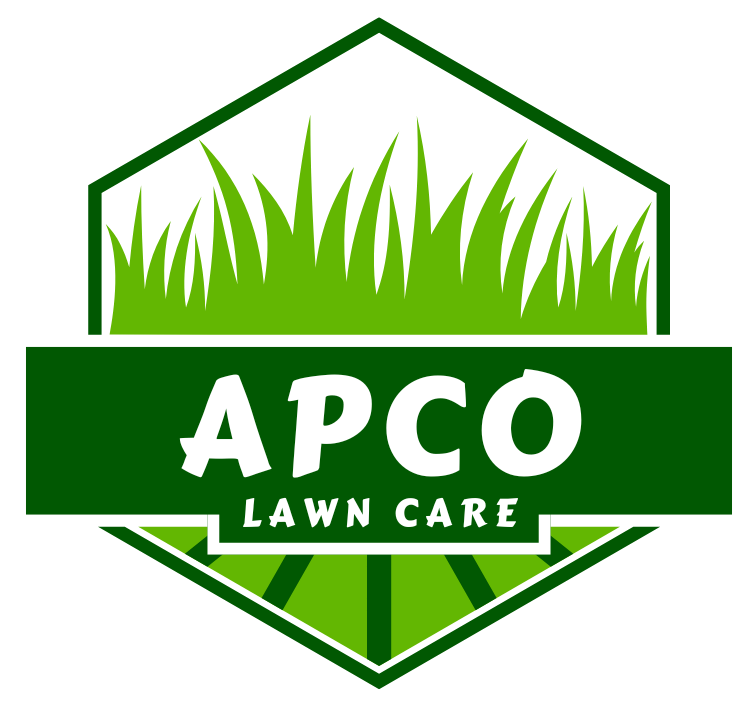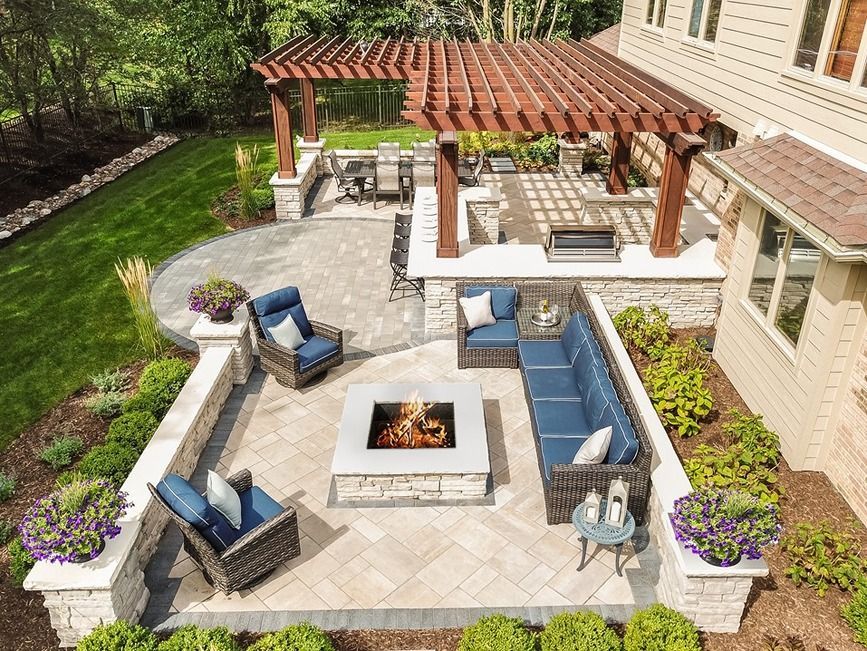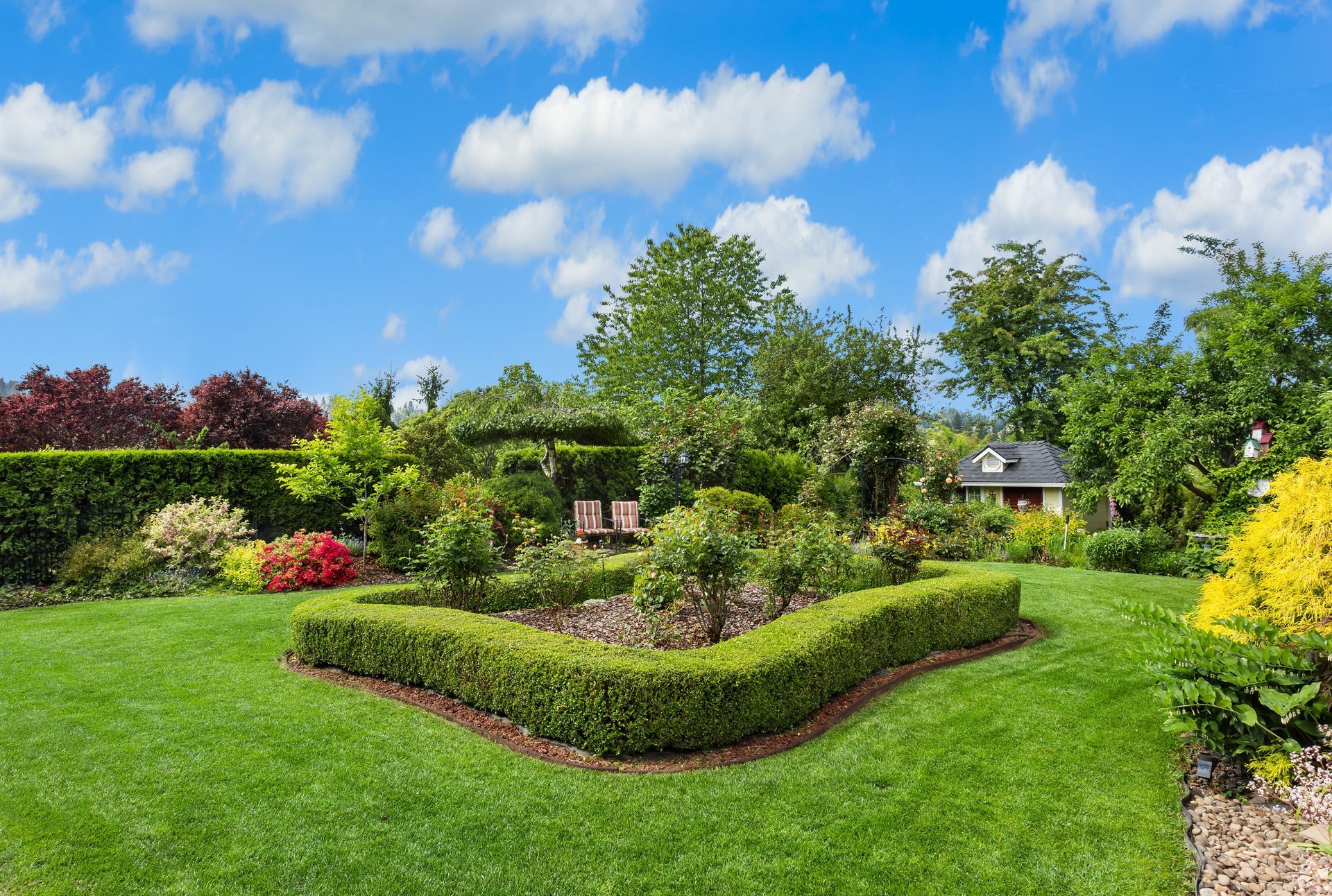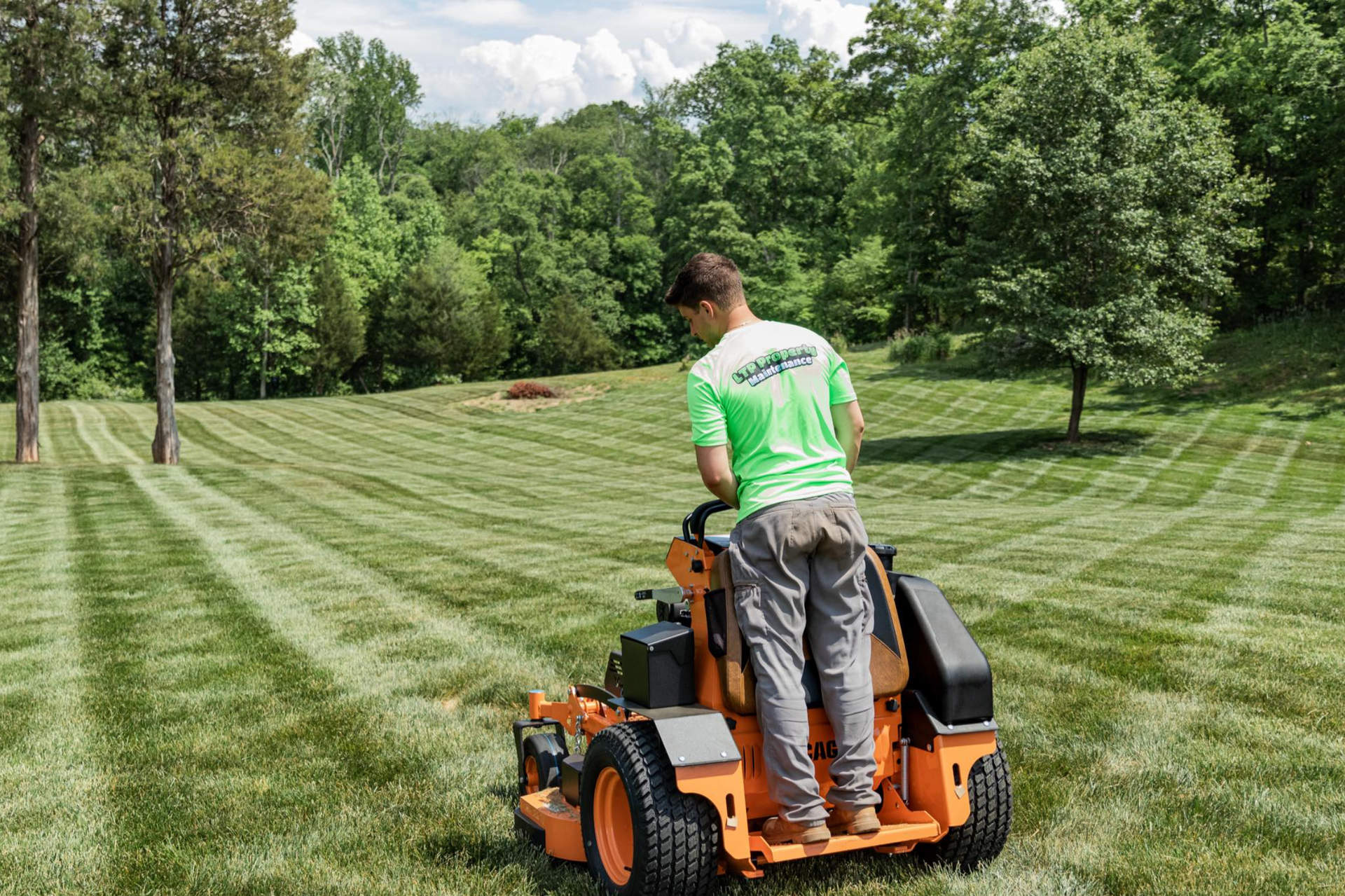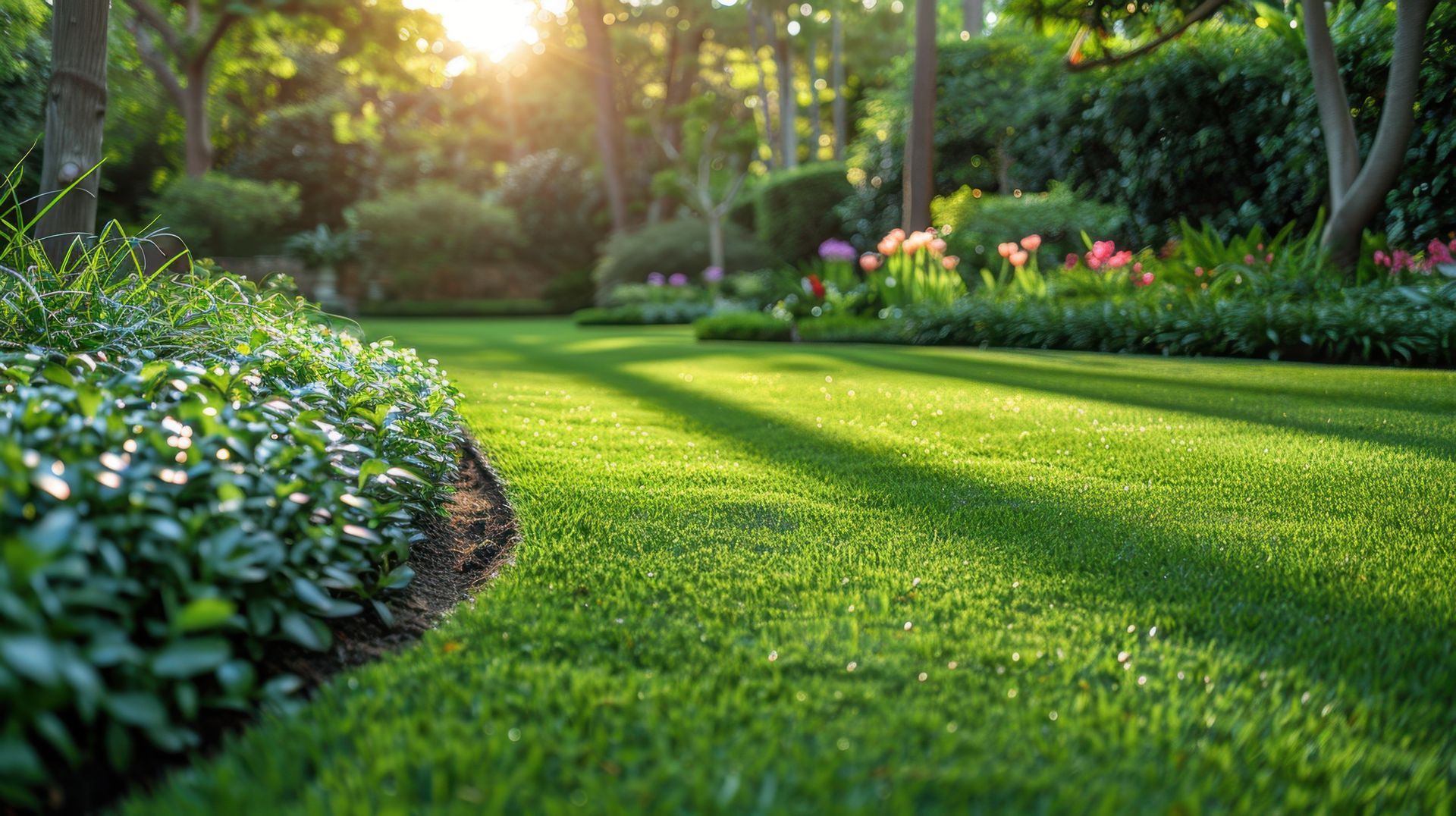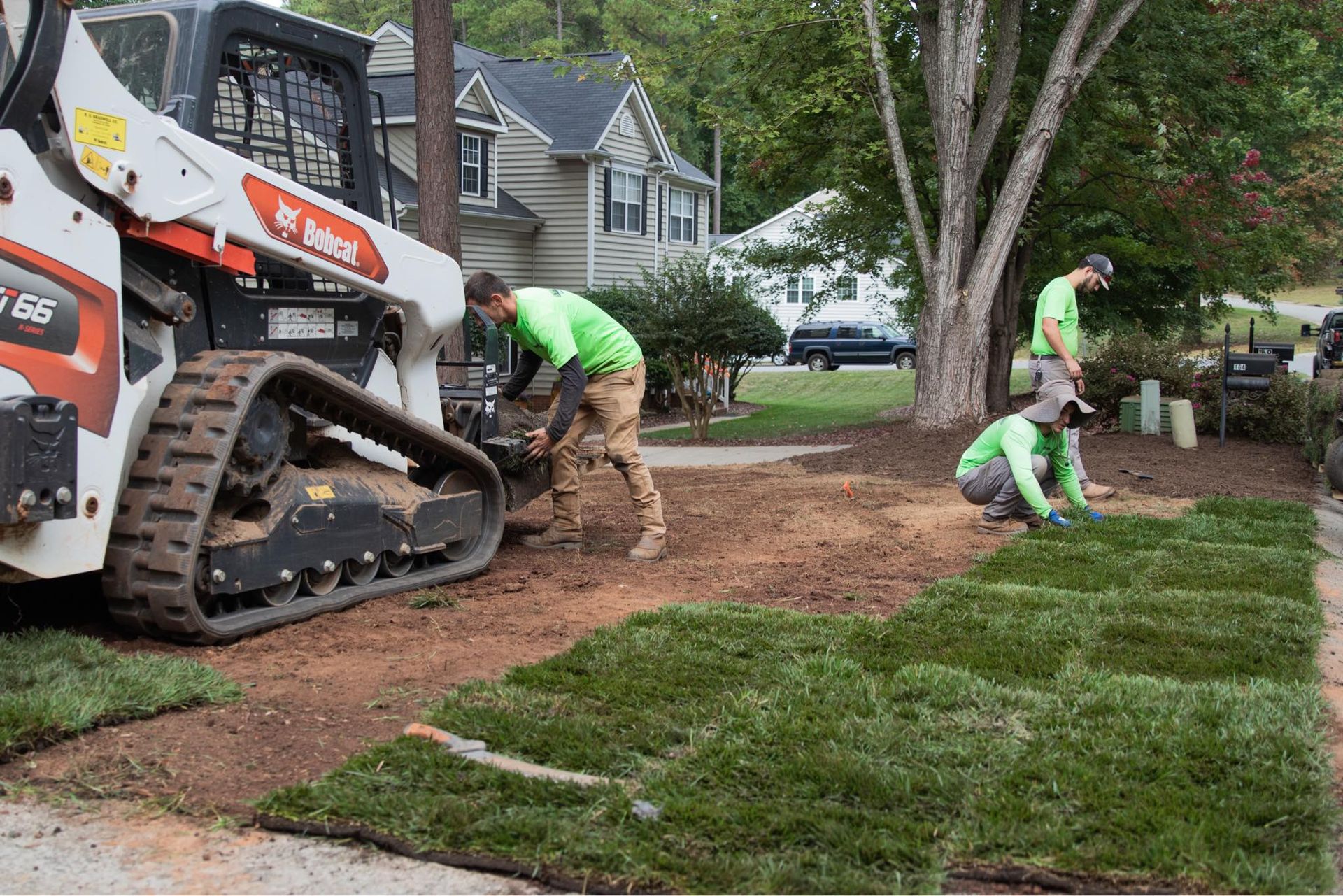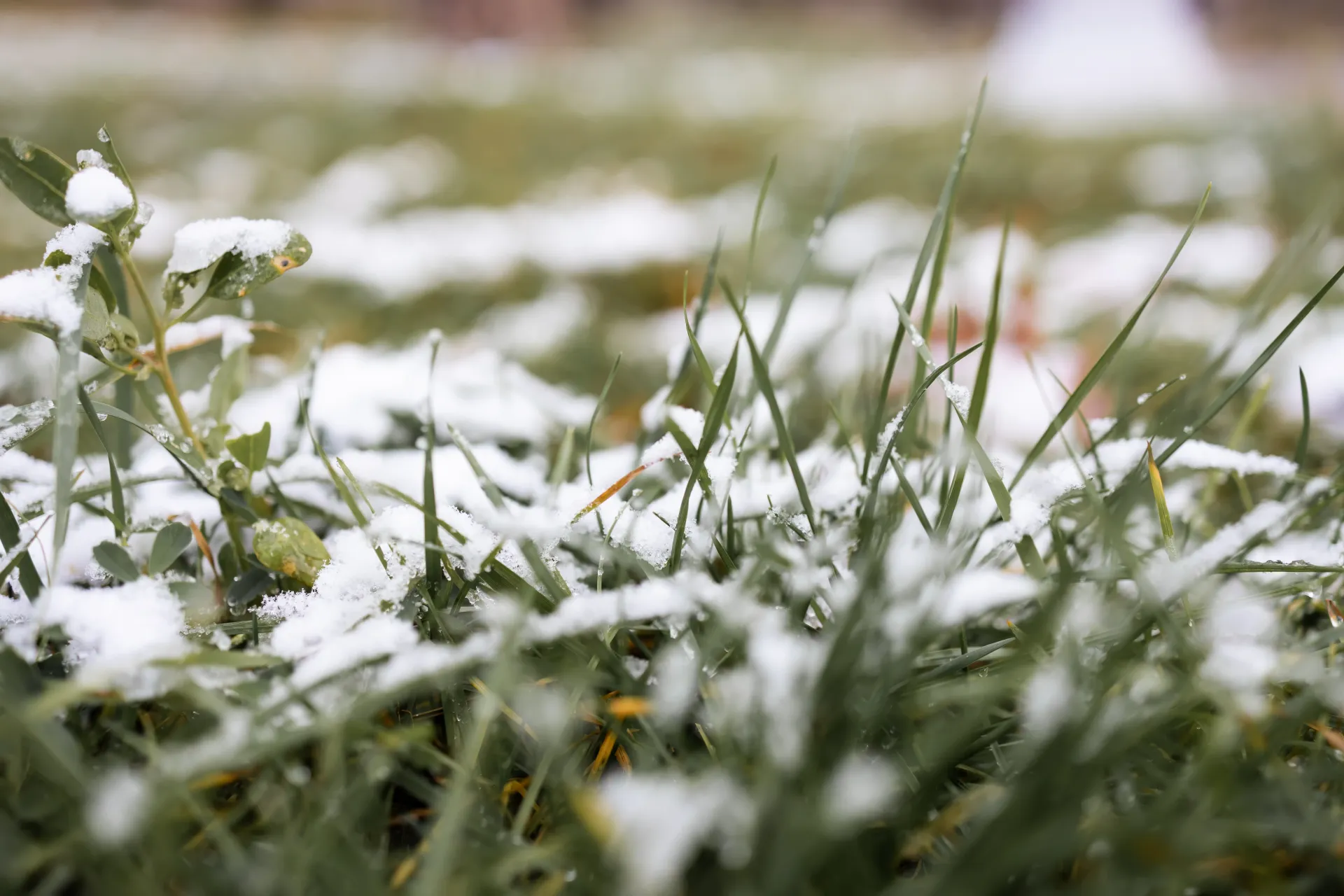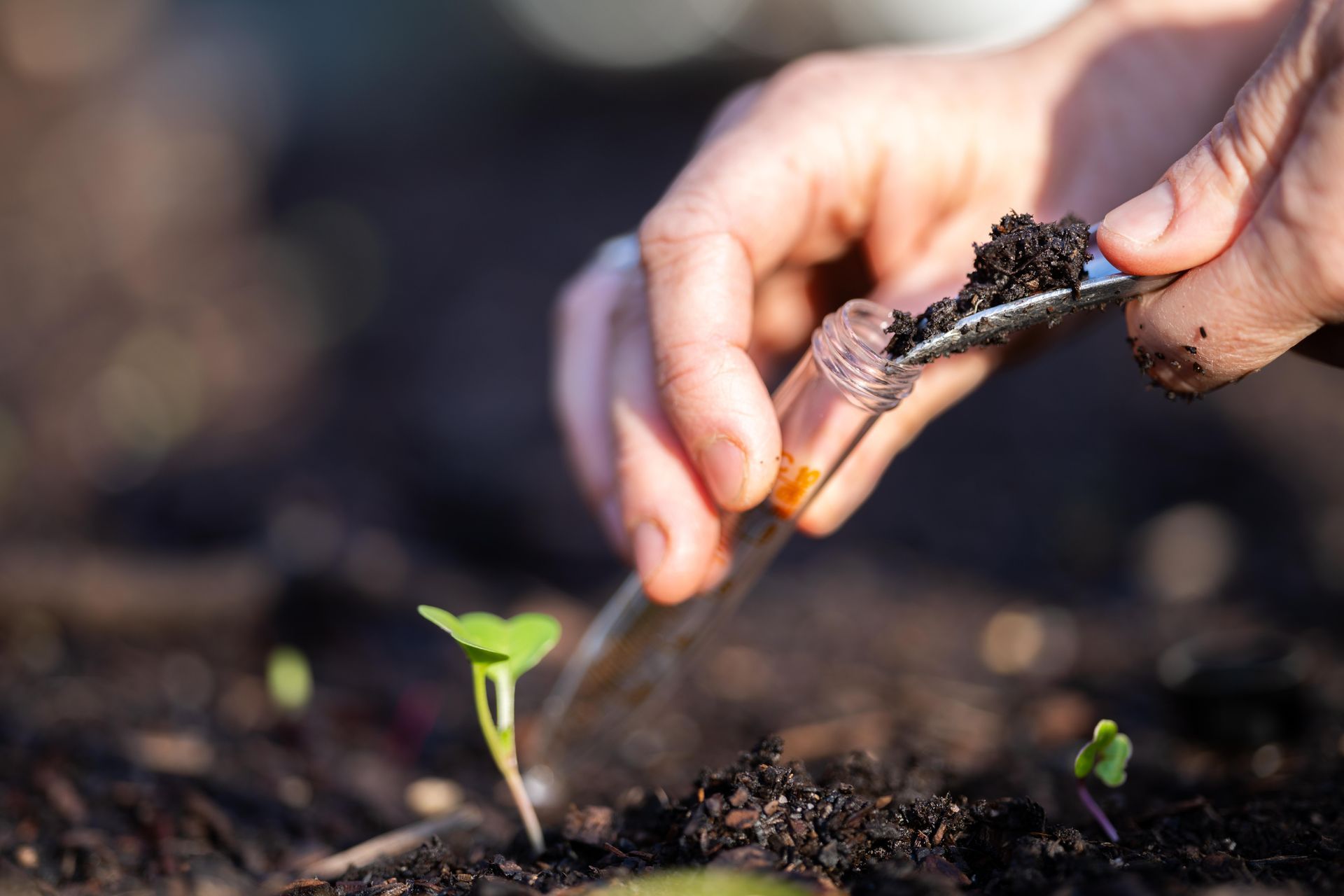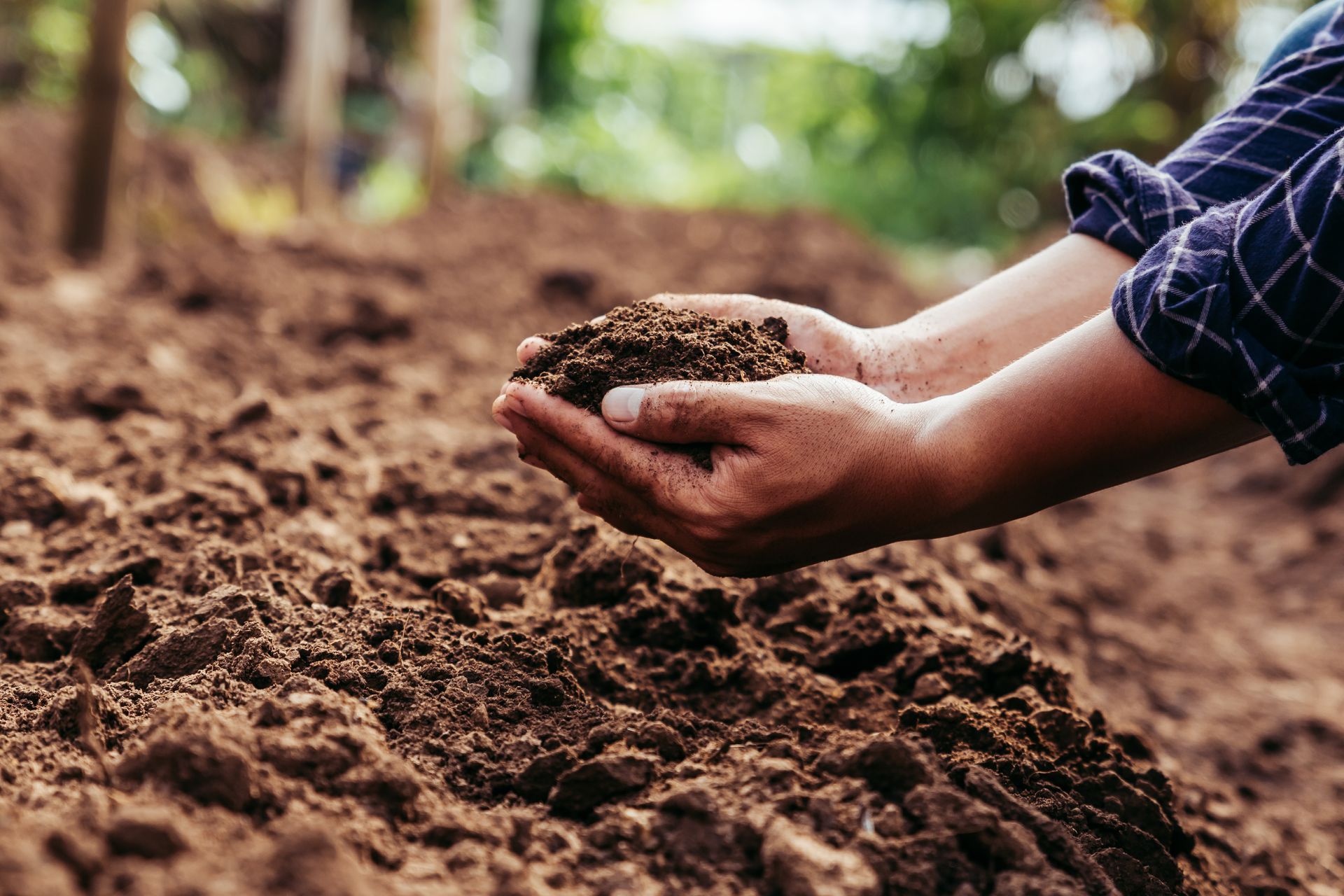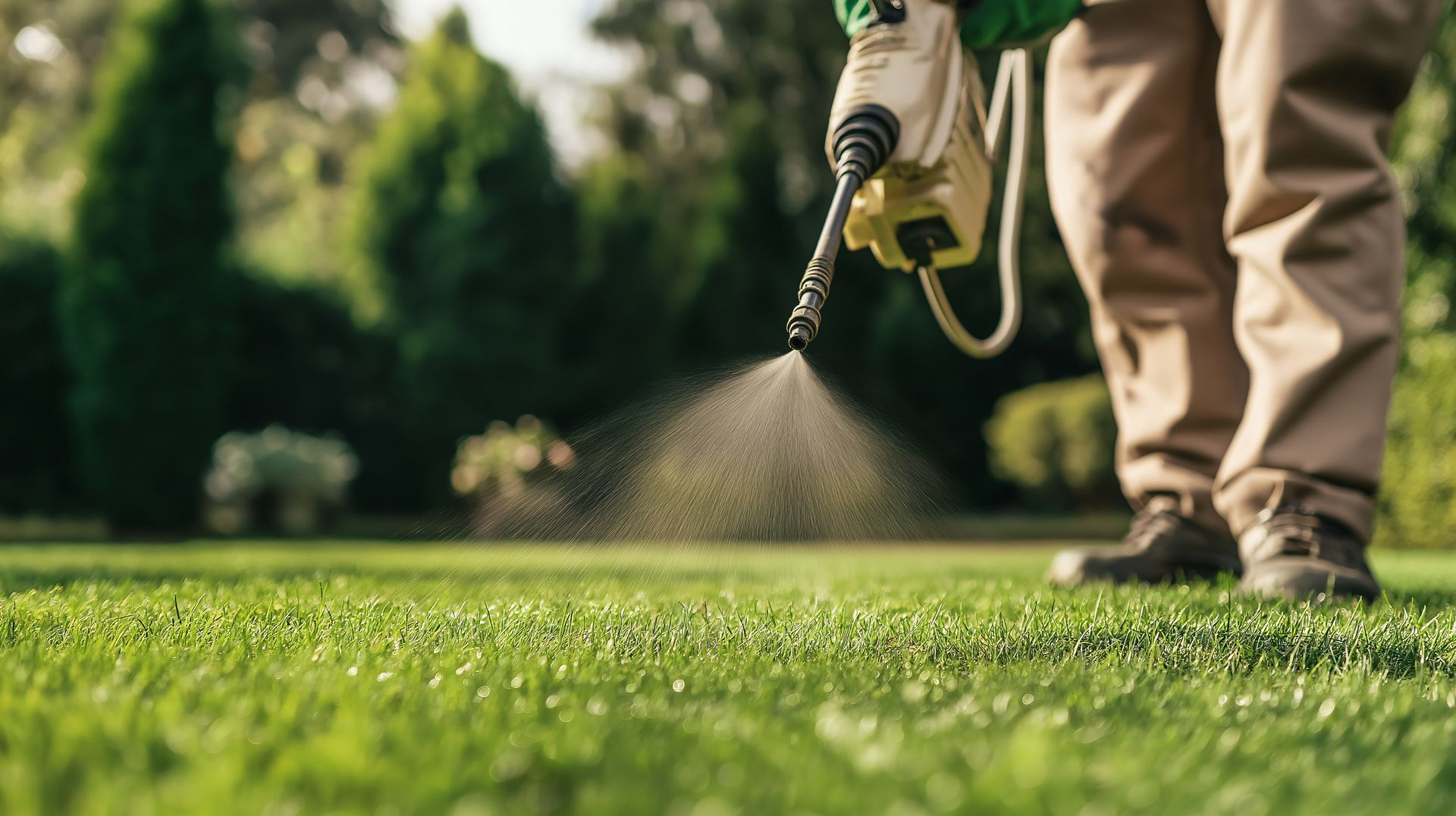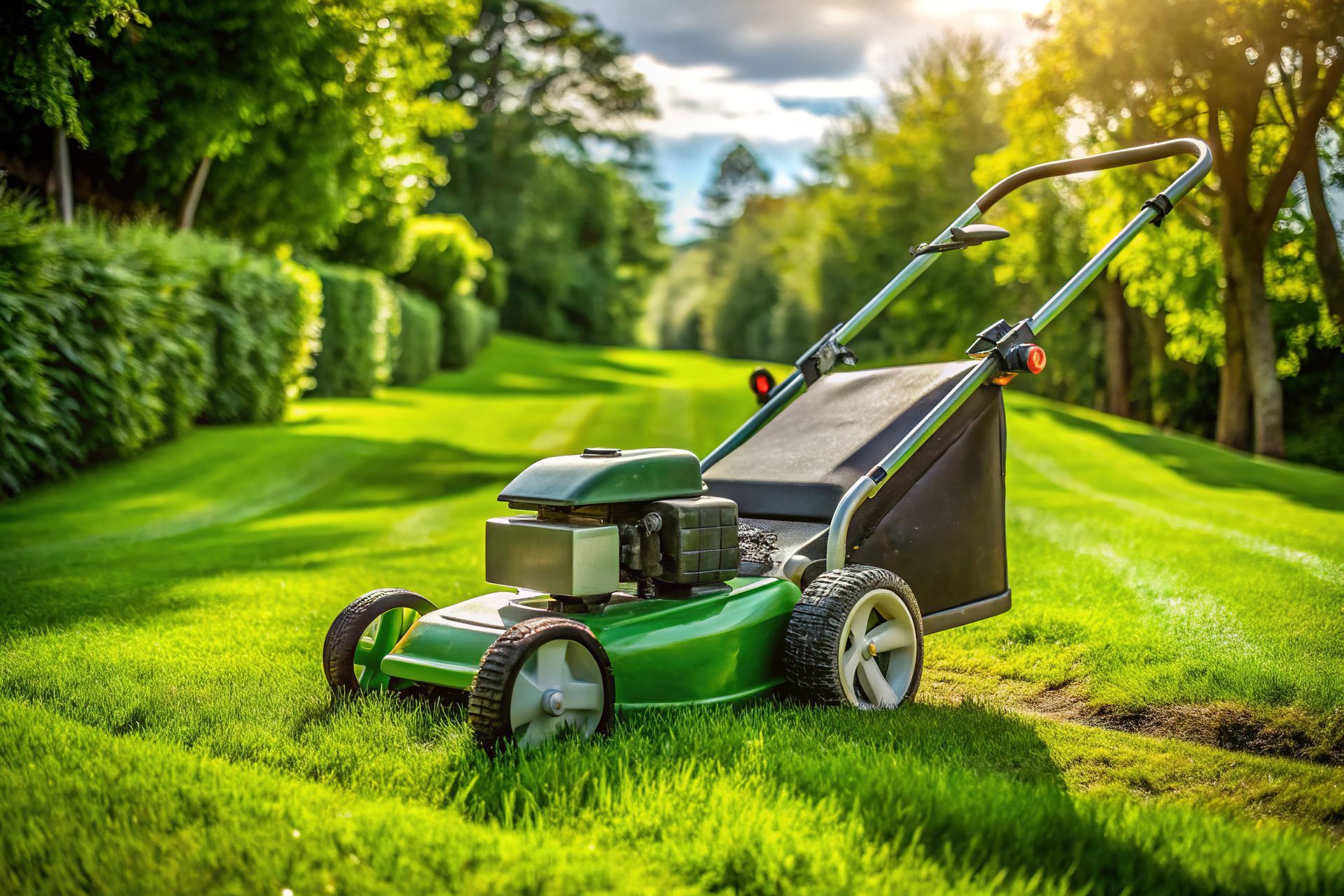Professional Lawn Care: Top Tips For Hot And Humid Summers
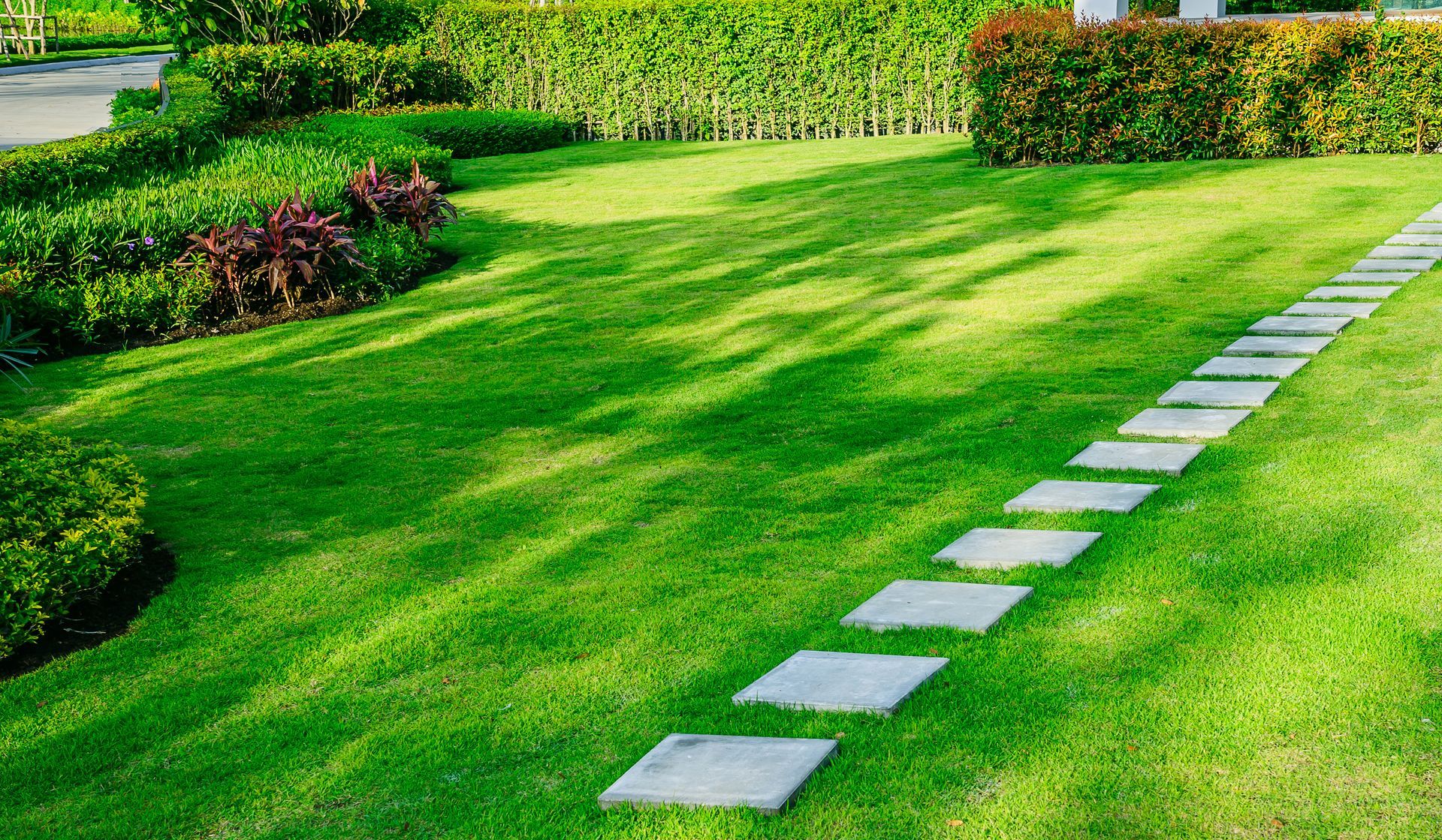
Summertime in Mooresville, North Carolina, brings long sunny days and plenty of heat. But for homeowners, these temperatures also present unique challenges for keeping lawns looking lush and healthy. Heat and humidity can easily lead to dry patches, weeds, pest problems, and overall turf stress, making proper lawn care essential during the hot months. Here, we'll cover the best lawn care tips tailored for Mooresville summers, including hydration strategies, mowing practices, fertilization, and pest management.
Prioritize Hydration But Don’t Overwater
Mooresville’s summer climate demands a consistent watering routine, but overwatering can be just as harmful as underwatering.
- Optimal Timing: Water your lawn early in the morning, ideally between 5 a.m. and 9 a.m. This allows the soil to absorb moisture before the day’s heat causes evaporation.
- How Much Water: Aim for about 1-1.5 inches of water per week, applied evenly across the lawn. Measure this with a rain gauge or by setting out small containers while watering.
- Signs of Overwatering: If you see pooling or runoff, cut back on water. Overwatering can encourage fungal growth and root rot.
Investing in a smart irrigation system can also help manage water levels efficiently by adjusting to weather conditions, reducing water waste, and keeping grass healthy even during the hottest days.
Choose The Right Grass For Your Climate
Different types of grass thrive in various climates, and selecting the right one for Mooresville’s humid summers is key.
- Warm-Season Grasses: Consider warm-season grasses like Bermuda grass, zoysia, or centipede grass, which are heat-tolerant and can withstand high humidity.
- Cool-Season Grasses: If you have a mix of cool-season grass, such as fescue, you may need to overseed in the fall to keep a balanced, resilient lawn.
By choosing the appropriate grass type, you reduce the risk of heat stress and brown patches during the peak summer months.
Mow Smartly To Prevent Stress
Mowing height and frequency play a huge role in maintaining a healthy lawn under summer conditions.
- Set Mower Height High: For most warm-season grasses, keep the mower blade height around 2.5 to 3 inches. This taller height provides shade for the soil, helping to retain moisture and reduce weed growth.
- Sharpen Blades Regularly: Sharp blades make cleaner cuts, reducing stress on grass and lowering the chance of disease. Consider sharpening mower blades every 3 to 5 mowings.
- Frequency: Mow only when necessary. If grass is not growing quickly, avoid unnecessary mowing, as it can stress the lawn and lead to patchy growth.
Mulching grass clippings back into the lawn can help replenish nutrients, especially nitrogen, which is critical for keeping grass green and healthy. Click Effective Lawn Care: Mowing Techniques For A Perfect Lawn for more details.
Fertilize With Care
A well-fed lawn can better handle the stresses of heat and humidity, but timing and type of fertilizer matter.
- Choose Slow-Release Fertilizers: Slow-release fertilizers provide nutrients gradually, reducing the chance of “burning” the grass in high temperatures.
- Apply Sparingly in High Heat: Avoid heavy applications in peak summer. Over-fertilization can cause rapid growth, increasing water needs and putting extra stress on your lawn.
- Supplement with Iron: An iron supplement can enhance the green color without spurring fast growth, keeping your lawn vibrant without added stress.
Always read fertilizer labels carefully and follow recommended application rates to avoid damaging the lawn.
Manage Weeds Effectively
Weeds can be especially invasive during hot summers, competing for nutrients and water that your lawn needs.
- Spot Treat with Herbicides: Use spot treatments on visible weeds rather than blanket-spraying the entire lawn. Selective herbicides are best for targeting weeds without harming grass.
- Mulch Garden Beds and Edges: Mulching can suppress weed growth around the edges of your lawn, reducing the spread into your turf.
- Regular Maintenance: Consistent mowing and proper hydration reduce the opportunities for weeds to establish, keeping your lawn healthier and more uniform.
Routine monitoring and early intervention are key to preventing weeds from taking over during the summer.
Watch For Summer Pests
Mooresville’s warm, humid climate can attract a range of lawn pests, including chinch bugs, grubs, and mole crickets.
- Identify Pests Early: Watch for discolored or dying patches, which can indicate pest activity. Pull up a section of sod; if the roots are damaged or infested, it may be time for pest control.
- Natural Predators: Encourage natural pest predators like birds, ladybugs, and nematodes, which help reduce pest populations without harmful chemicals.
- Insecticide Options: If pest infestations become severe, consult a lawn care Mooresville professional to apply the appropriate insecticides safely.
Taking a proactive approach to pest control can prevent large-scale damage to your lawn.
Aerate To Relieve Compaction
Heavy clay soils common in the Mooresville area can become compacted, especially during high foot traffic periods in summer.
- Why Aerate: Aeration helps to break up compacted soil, improving air and water flow to roots, and reducing the chance of water pooling.
- Best Time to Aerate: Early summer or fall are ideal times to aerate warm-season grasses. Aerating during high heat is not recommended, as it can further stress the lawn.
- Frequency: Consider aerating annually or biannually for high-traffic lawns to keep the grass healthy and resilient.
For an added boost, consider overseeding after aeration, which helps fill in thin areas and improves overall lawn density.
Protect Against Heat Stress With Shading And Windbreaks
Heat stress can quickly damage grass, especially in exposed areas without natural shading.
- Strategic Planting: Plant shade trees or shrubs strategically to provide relief from direct sunlight, particularly on the lawn’s southern and western sides.
- Temporary Shading: For new or young lawns, consider temporary shading solutions such as shade cloths or canopies.
- Windbreaks: Planting hedges or shrubs along windy areas can reduce drying winds and help the lawn retain moisture longer.
These methods help maintain soil moisture and reduce the need for excessive watering.
Repair Damaged Spots
Summer can lead to areas of thin or bare grass, particularly in high-traffic zones.
- Patch Up Immediately: Use seed or sod to repair damaged spots as soon as they appear, preventing weeds from taking hold.
- Consider Summer-Friendly Seeds: For warm-season lawns, select heat-tolerant seed varieties to withstand the summer sun.
- Water Lightly and Frequently: After patching, water the area lightly and consistently until the grass establishes.
Prompt repairs ensure your lawn remains lush and consistent, even through summer wear and tear.
Regularly Check Soil Health
Healthy soil is the foundation of a resilient lawn, and Mooresville’s humid climate can affect soil quality over time.
- Test for pH and Nutrients: A soil test provides insight into pH balance and nutrient levels, guiding any necessary amendments.
- Add Lime if Necessary: If soil tests indicate acidity, a lime treatment can help balance pH, making nutrients more accessible to grass.
- Compost and Organic Matter: Add compost or organic matter periodically to boost soil health, aiding water retention and encouraging beneficial microorganisms.
Healthy soil fosters a deep, resilient root system, essential for surviving Mooresville’s summer heat.
Conclusion
Keeping a healthy lawn in Mooresville through the summer requires thoughtful care and attention. By optimizing watering practices, mowing smartly, managing pests, and enriching soil health, you can ensure your lawn thrives in even the hottest months. For residents who want professional assistance, LTP Property Maintenance provides expert lawn care services in Mooresville, offering everything from customized watering and mowing plans to pest control and aeration. Reach out today to learn how we can help maintain your lawn’s beauty throughout the season, no matter how high the temperatures rise.
Taking the right steps will pay off with a lush, green lawn that not only enhances your home’s curb appeal but also withstands the unique challenges of Mooresville’s summer climate. Happy gardening!
Ready to work with Apco Services?
Let's connect! We’re here to help.
Send us a message and we’ll be in touch.
Or give us a call today at (404) 780-8973
